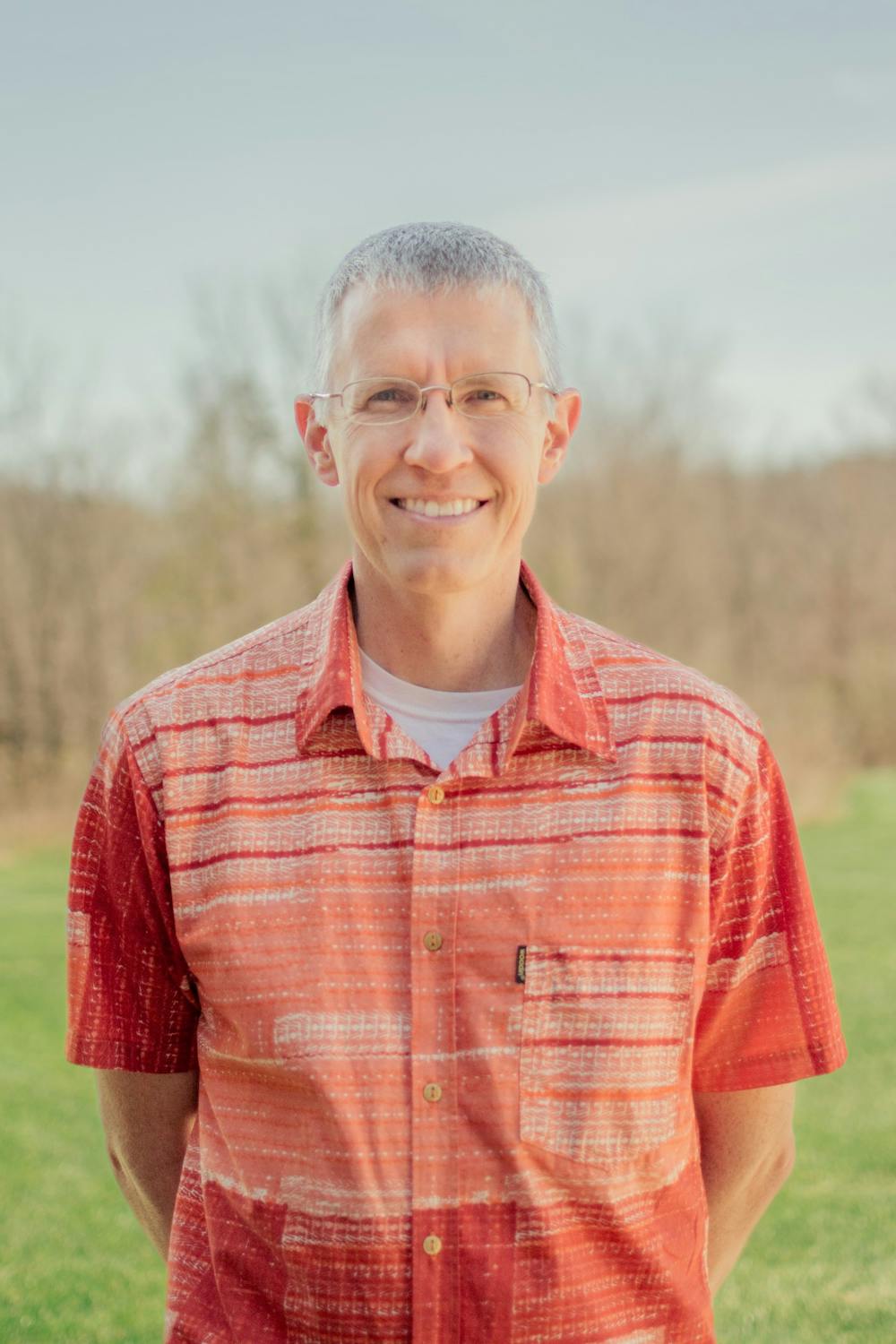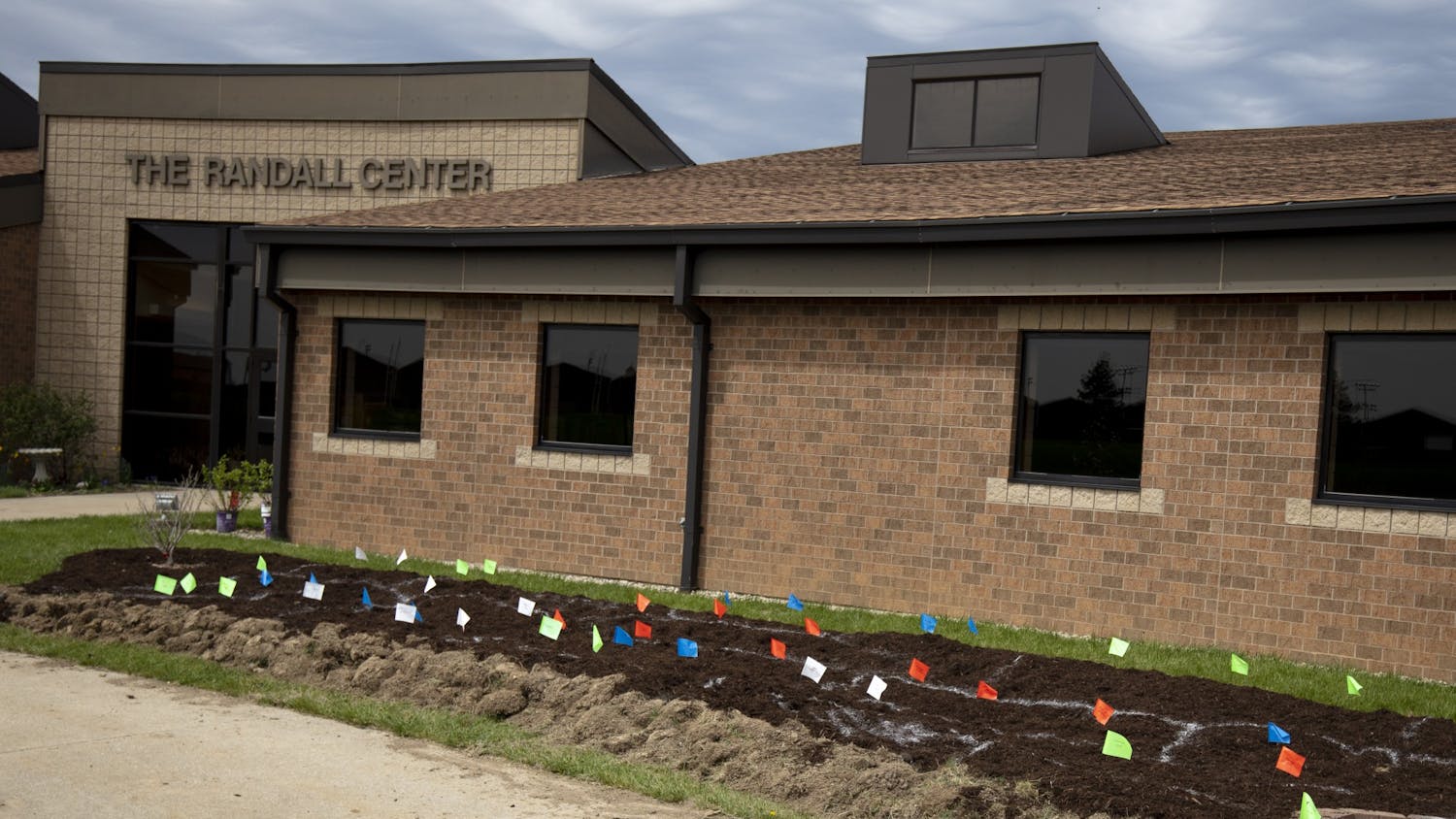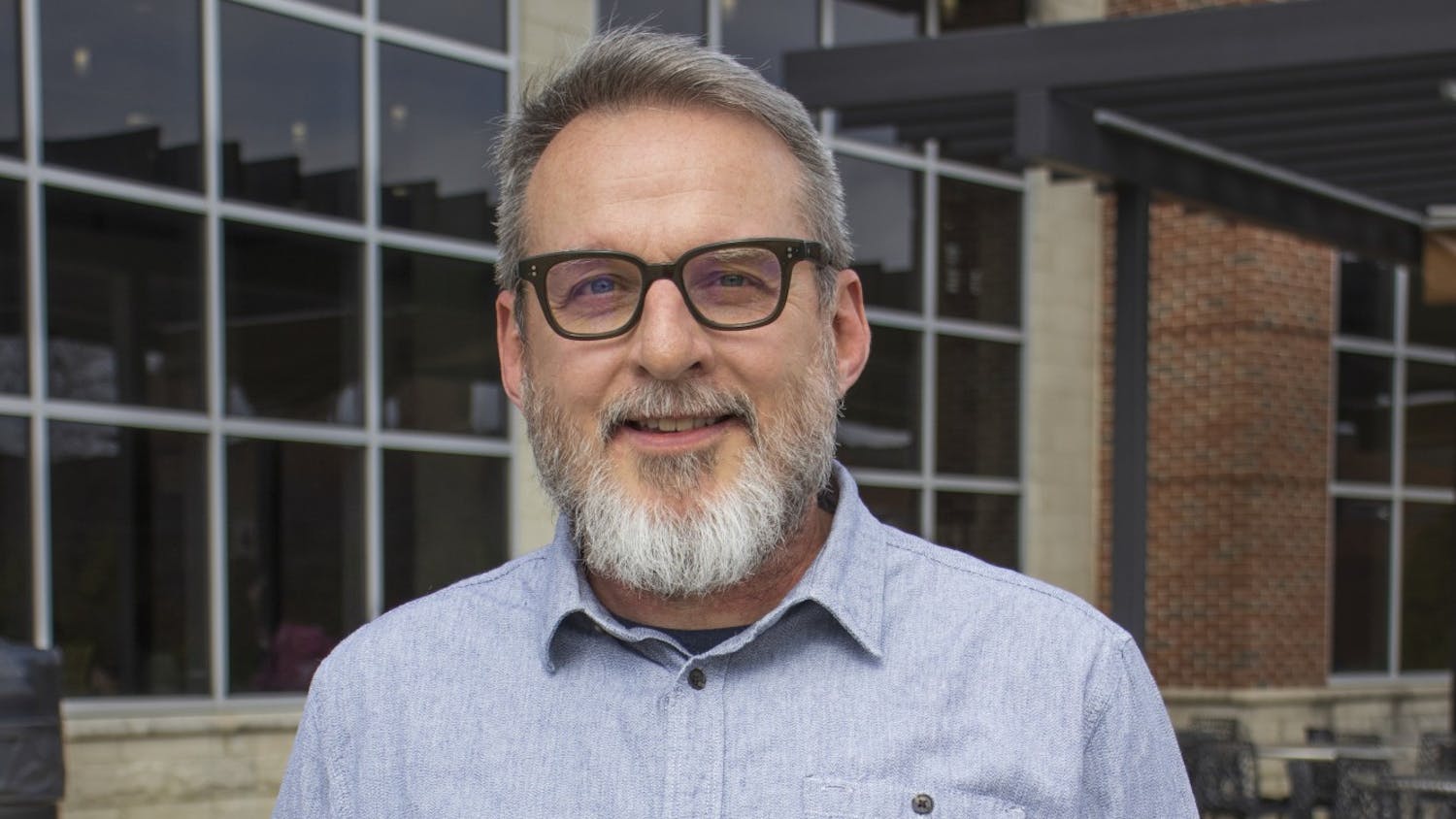Committing his life to the pursuit of sustainability, Phil Grabowski is an assistant professor of sustainable development at Taylor University.
From a young age, Grabowski was drawn to the outdoors and grew to love all aspects of nature.
“I always loved nature and hiking outside and identifying plants, so plants and trees really got me into it, through you know, climbing trees as a kid and everything,” Grabowski said.
This love for nature, combined with the influence of a sister who studied plants and a trip to Costa Rica in high school, led Grabowski to pursue a degree in plant/environmental biology from Michigan State University.
While a student, Grabowski discovered the impact that environmental studies can have on the mission field. Eventually ending up in Malawi, Grabowski dedicated six years to working with a mission organization on poverty alleviation through agriculture.
Later, he and his wife made the decision to return to the United States in order for Grabowski to pursue a master’s degree in community agricultural research.
“We always thought we’d just do the master’s and go back overseas,” Grabowski said. “But then an opportunity arose for a Ph.D. and I really have always enjoyed teaching so I stayed to get my Ph.D.”
After completing his doctorate in community sustainability, Grabowski stayed at Michigan State University as a postdoctoral researcher focusing on African agricultural development.
Throughout his career, he has been the recipient of several awards, fellowships and scholarships.
A passion for teaching led Grabowski to look for teaching positions at Christian colleges. Through that search he found Taylor University, and after interviewing for a position, moved his family from Michigan to Upland.
As a professor, Grabowski not only teaches classes but runs the campus garden and tends to the on-campus beehives. Grabowski encourages and educates his students on how they can live more sustainable lives.
“One of the biggest ones I try to work on with students is recycling — just sorting your recycling properly really helps reduce waste in landfills,” Grabowski said. “It even helps save the university money, because instead of paying for it to go to a landfill, we get paid a very, very small amount of money for recycled materials.”
Knowing how to recycle is equally as important as putting something in a recycling bin. Any recycled item must be washed before it can be recycled.
Grabowski encourages students that it is better to throw something away than have it contaminate the recycling. Though no longer in the Student Center, recycling bins can still be found in dorms and around campus.
“One way that I think is a really interesting challenge is reducing food waste, thinking about our food and its effect on the environment around us,” Grabowski said. “Sometimes you get something at the Dining Commons and it tastes bad so you just end up trashing it, but that food waste then goes to landfills where it turns into methane, a very potent greenhouse gas.”
To avoid this waste, taking smaller portions or sampling food is suggested. Compostable items such as apple cores and coffee grounds can be brought to the campus garden outside of the Randall Center to be composted.
Though there are numerous other ways Taylor students and people in general can live more sustainably while on this Earth, finding motivation to do so can be difficult.
“This isn’t just caring for polar bears or seals or blue whales, it’s actually about loving God and loving your neighbor,” Grabowski said. “God created this world and it reflects his glory and by not taking care of it, we dishonor God.”
Grabowski’s pursuit of sustainability does not come solely from his love for nature or passion for the environment, but from understanding that to love God is to love and care for his creation.
Through his classes and interactions with students, Grabowski is encouraging all to live more sustainable lives by teaching why it is important.
“We do these things as an act of worship, to honor God; we can be motivated out of worship and out of love for other people because they are impacted by your actions,” Grabowski said.





